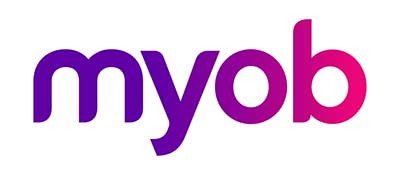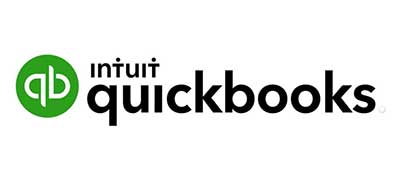Most people probably have some idea of what a budget is and may have even created one themselves. Budgeting often brings to mind the process of adding up all sources of income (usually wages) and then predicting all the costs that are likely to be incurred over a set period (e.g. food, rent/mortgage, car, clothes, electricity, etc.). In truth – that’s a pretty accurate summary of how budgeting works, in a basic sense. Somewhat surprisingly, many businesses have no budget of any form in place. In this article, I’ll be looking at the benefits of budgeting, how to do it and whether it’s worth it or not.
Benefits of budgeting:
- Getting an idea of what to expect for the coming period
- It almost goes without saying, but by preparing a budget you’re setting a benchmark. This should reduce any unwanted surprises. Too many businesses simply plug away at what they do and hope the figures back up the hard work they’ve been putting in.
- It provides the chance to reflect on how you’re actually going to your spend your money
- The act of sitting down and mapping out what you’re expecting the future to hold may in itself lead to better decisions. E.g. you might realise you’ve been paying $5,000 to the Yellow Pages for the last 20 years and aren’t getting any work out of it anymore.
- It can be used to predict future cash position
- A budget can be projected to show your expected cash position over time. After a season of good trading, too many businesses spend a chunk of their cash buying a new car outright. They then find that they don’t have the cash to pay for the BAS or income tax bills. Planning your expected cash position will eliminate this problem.
- Provides a benchmark to use
- Once complete, a budget provides a reference point so the business owner can compare how they actually went compared to their prior expectations. This budget can usually be entered into the accounting system to produce useful actual vs budget reports. This can lead the business owner to identify and quickly correct problems within their business. E.g. the price of fuel may have recently gone through the roof and is much higher than what was budgeted – this might be a prompt to review and increase the travel rates which are being charged to customers.
How to do it:
There’s really two main methods to prepare a budget:
- Start with what you’re likely to achieve and then try and improve on it
- This is the most common way of doing it. It’s easier and more conservative – generally you just take the prior period’s figures and look at any likely changes to both the income and expenses. The net result will give you your target profit.
- Use a desired profit figure as the starting point
- The less conventional and arguably more helpful way to budget is to start from the bottom and work up. You start with a profit figure that you want to achieve (e.g. $100K), figure out what all your expenses are likely to be and the profit margin you’ll make on each unit. From there you know exactly what sales figure you need to achieve to generate the desired profit. Once you know what the required sales figure is, you can look at how much your sales will need to increase to achieve this. The question then becomes, where will this sale increase come from (i.e. price increase or additional sales volume)? If the sales volume needs to increase, how will this be done and what steps need to be taken to make this happen?
Budgeting can certainly be done by the business owner, however this can also be done with the help of an accountant. An accountant is likely to anticipate things that the business owner will miss, and can also help with the number crunching and strategy formation.
So, should I be budgeting?
In short, the answer to this question depends on the size, scope, and goals of the business. There is almost always some value in budgeting, however this will normally increase with the size and complexity of the business. It’s really important to note that budgeting is not a set and forget exercise – it’s a tool that will only be useful if the business owner is engaged in the process and happy to periodically review the results with an open mind.








